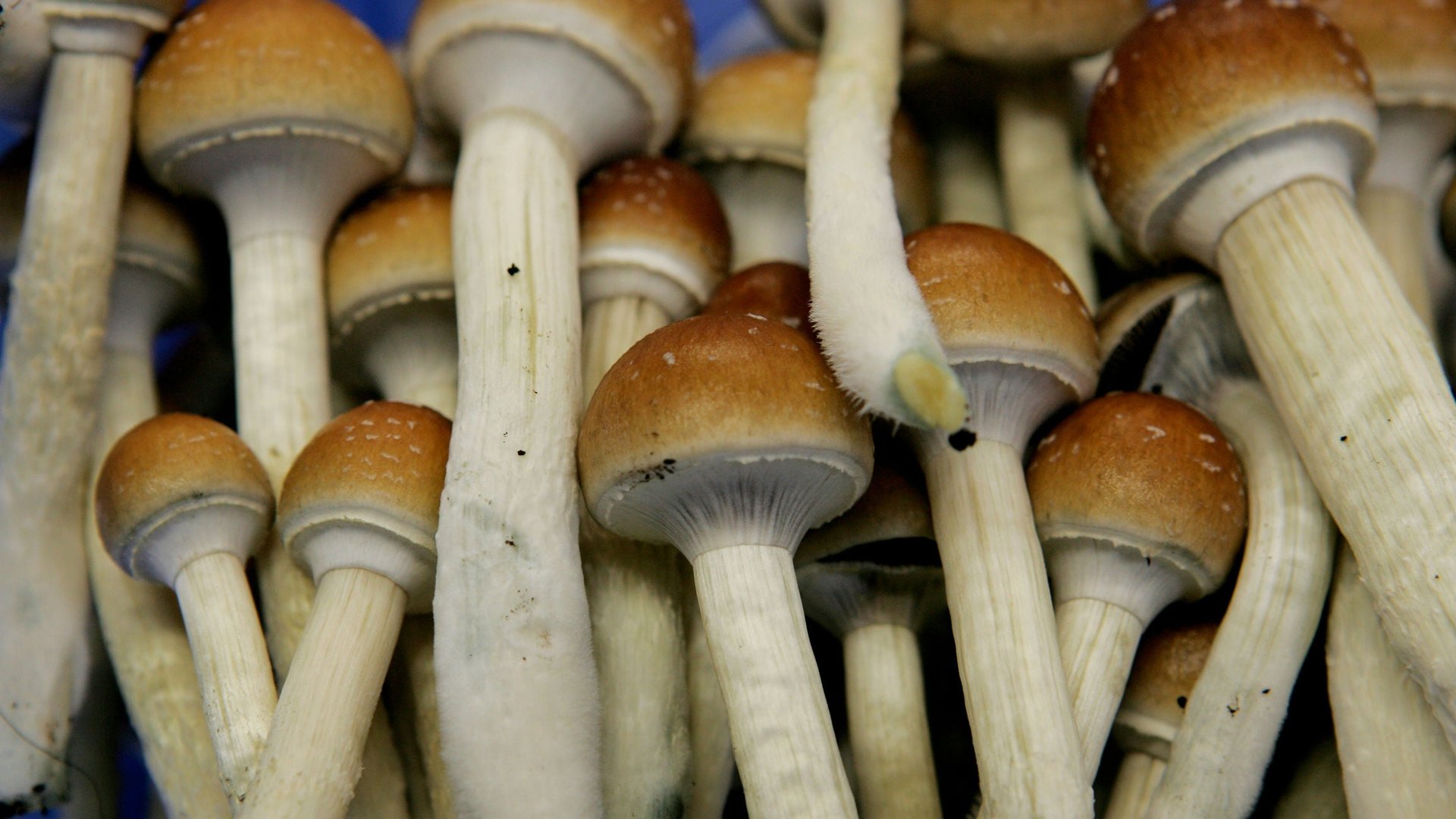Psychedelics may make people less likely to commit violent crimes
Psychedelic drugs seem to mellow people out in a way that could prevent future crimes.


Psychedelic drugs seem to mellow people out in a way that could prevent future crimes.
Researchers at the University of Alabama at Birmingham recently found that people who have taken drugs like like magic mushrooms, LSD, or DMT, are statistically less likely to steal or assault anyone. They published their work on Oct. 17 in the Journal of Psychopharmacology.
For their work, researchers collected data from the National Survey on Drug Use and Health survey over the course of 13 years from 2002 to 2014 (all that were available at the time of analysis). In total, they looked at survey responses from over 480,000 individuals, and focused specifically on their answers to the questions regarding illicit drug use (like heroin, cocaine, off-label painkillers, and marijuana), psychedelic drugs, and whether or not participants have committed or been arrested for various crimes within the past year.
About 14% of the respondents reported they had taken psychedelic drugs at least once, and most were between 26 and 49 years old. Controlling for age, gender, and employment, the researchers found that people who reported that they had had ever taken a psychedelic drugs were roughly 27% less likely to have stolen something 12% less likely to have committed to some kind of assault in the past year than those who never had.
Respondents were also 18% less likely to have been arrested for any kind of violent crime in the same time period. Conversely, people who reported taking other types of illicit drugs were more likely to have committed these types of crimes or been arrested for them within the past year (except for sedatives and PCP, which were not statistically significant).
That said, people who took psychedelics even once were between 47% and 68% likely to also sell or give out other illicit drugs, which is also a highly punishable offense in the US. Currently, 14% of arrests made in the US are for drug-related crimes.
However, the fact that there seems to be a disassociation between psychedelic drugs and violent crimes makes the researchers think that these drugs may make people less physically aggressive toward others in general. “These findings are consistent with a growing body of research suggesting classic psychedelics confer enduring psychological and prosocial benefits,” the authors write. They propose that these could be provided therapeutically to people who were arrested and released from prison so they won’t do it again. Currently, about 33% (pdf) of people who commit one violent crime will be rearrested for a similar crime at some point in their lives.
To be sure, these survey results can only be valid insofar as respondents have been honest in their self-reporting over the years. And because it was only a statistical analysis, this study doesn’t say anything about how psychedelic drugs may work to deter people from committing violent crimes.
There’s been some research to suggest that psilocybin—the hallucinogen in magic mushrooms—may work to treat forms of depression, even in cases where the person is terminally ill. Although it isn’t illegal to fund this type of research, federal agencies typically don’t fund it anyway, because hallucinogenic drugs, cocaine, heroin, and marijuana are all strictly controlled drugs, as classified by the US Drug Enforcement Agency.